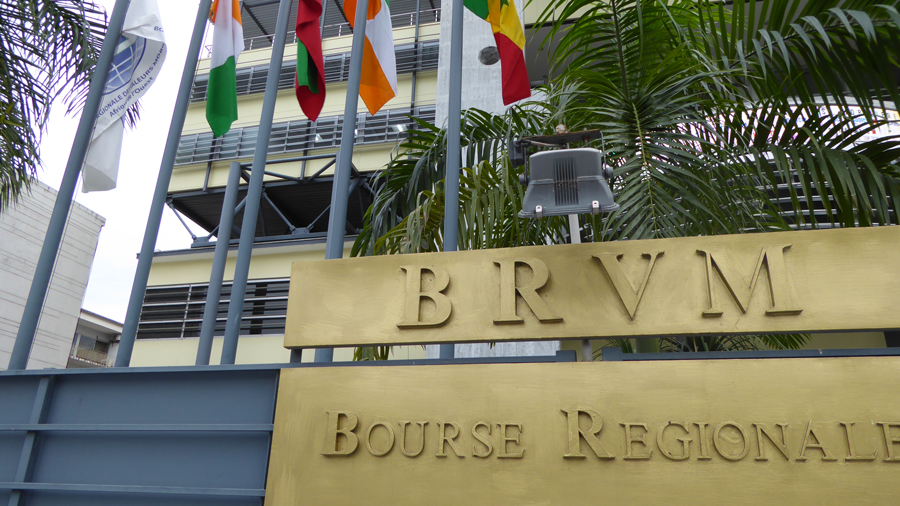Côte d’Ivoire Agricultural Commodity Exchange: It’s moving forward!
A delegation from the Regional Securities Exchange (BRVM), led by its Managing Director Félix Edoh Kossi Amenounve, visited Korhogo at the end of May to assess the conditions for starting the project.
Launched at the beginning of the year, the Agricultural Commodities Exchange (BMPA) project is gradually becoming a reality. After the launch in early February of a 3-month programme to train those involved in its implementation, a new step was taken on 27 May. The BRVM team met with the authorities of the Poro region (North of the country) and the regional representation of the Ministry of Agriculture and Rural Development (MINADER), then visited farms, cooperatives, markets, groupage centres, warehouses, processing units, etc., in order to present the initiative and raise awareness among all stakeholders in the region of its importance and its impact on the optimization of the Ivorian agricultural sector.
The creation of a futures market for agricultural commodities has been on the agenda for several years, but it was only at the end of 2018 that the BRVM and the general management of the Regulatory Authority for the Warehouse Receipt System (ARRE) - operational since March of the same year - officially agreed on a common roadmap for its implementation. The WAEMU financial institution assumes the role of technical assistant, while the ARRE is responsible for regulating BMPA’s activity and taking charge of its operation.
The Côte d’Ivoire Agricultural Commodity Exchange is part of the implementation of the second national agricultural investment programme (PNIA 2018-2025), which aims to provide Côte d’Ivoire with a sustainable, competitive agriculture that creates equitably shared wealth. According to the Ivorian Minister of Agriculture and Rural Development Mamadou Sangafowa Coulibaly, « this programme mainly aims to encourage investment, facilitate operations on the physical market, and develop new solutions for financing operations on the agricultural products market ».
More concretely, this means improving producers’ negotiating capacity, reducing transaction costs by allowing small operators to access currency risk hedges, and strengthening capital flows in value chains, agricultural financing, traceability, and value chain efficiency - particularly with a view to limiting post-harvest losses. For producers, this will be an opportunity to get a better price, but also to benefit from more visibility and stability. Processors, on the other hand, will be able to ensure a good supply, which should, in the long term, accelerate the process of installing industrial units.
Scheduled to come into operation by June 2020, BMPA will initially focus on three compartments: cashew nuts, cola nuts and maize. Cocoa, of which Côte d’Ivoire is the world’s largest producer and processor, would a priori be excluded, since it is already a « well organized » market according to the Minister of Agriculture. On the other hand, the latter believes that « the country is experiencing serious regional imbalances in food crops (rice, cassava, yams, etc.) that an agricultural exchange could help to overcome ».
With the effective implementation of this new platform, Côte d’Ivoire, a major agricultural country on the continent, would join the very closed club of African countries with an agricultural commodity exchange (Ethiopia, Rwanda, Ghana…). It’s about time!
